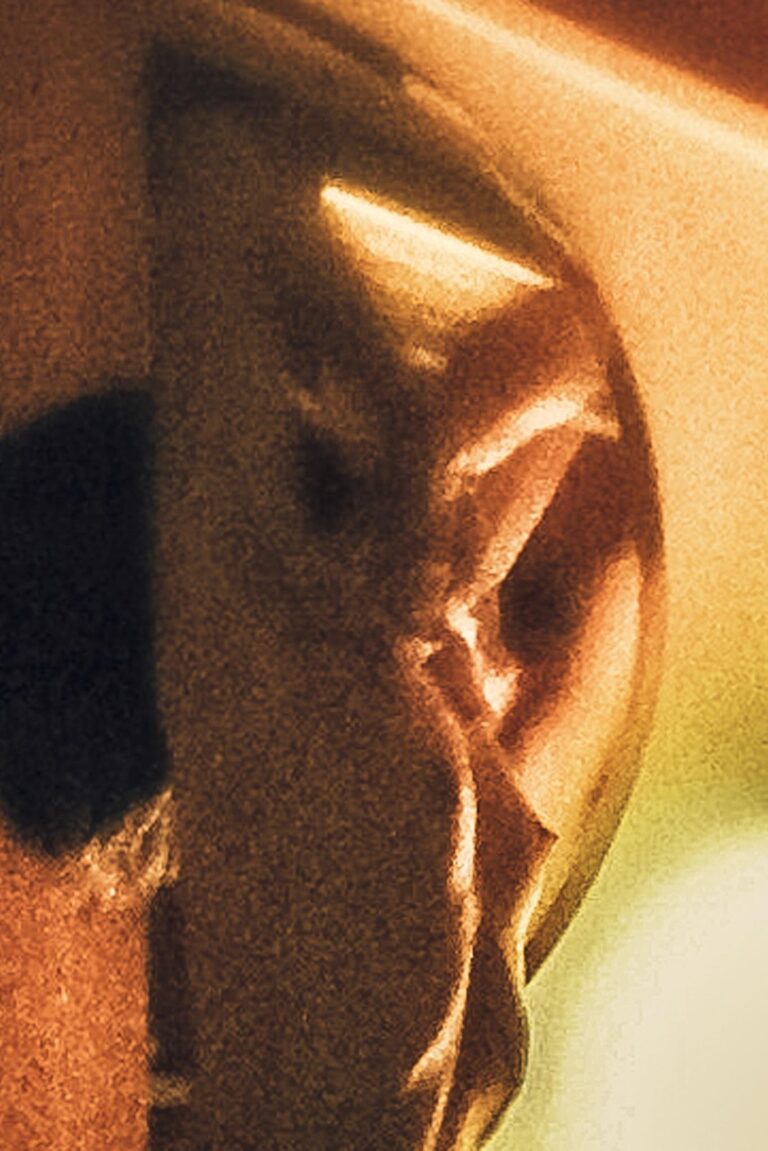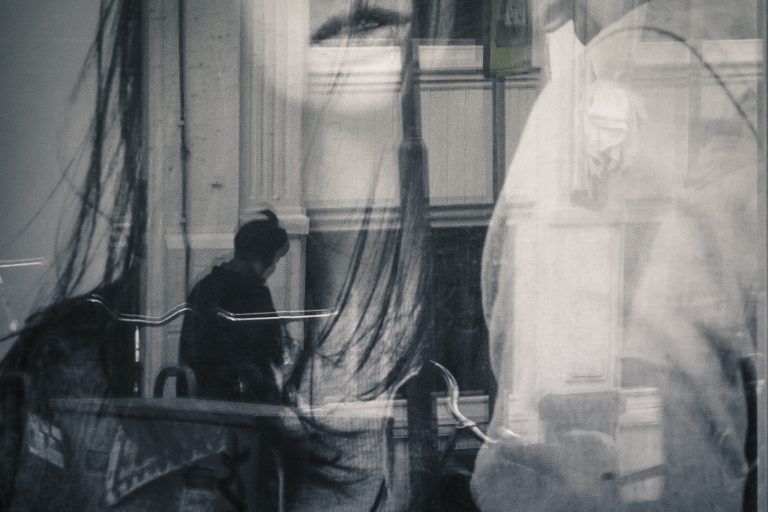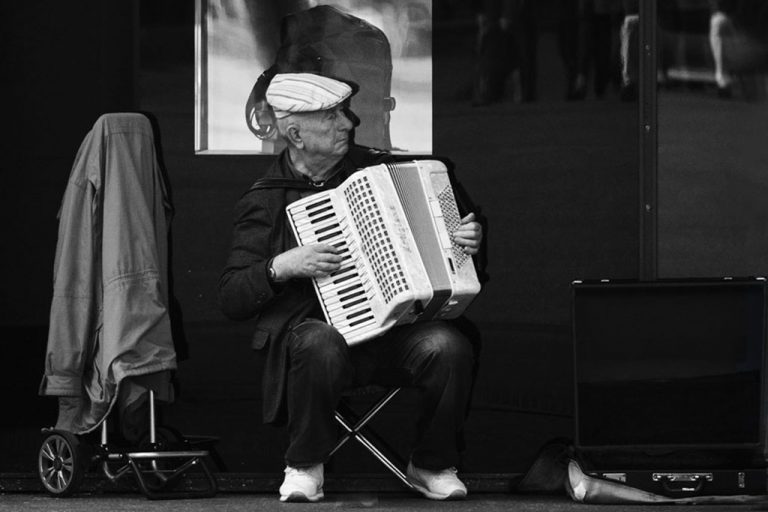Ragazzi in campana, qui non vi lasceranno andare. Hanno chiamato la polizia a cavallo.
vivevano in due, ed erano abbastanza
Incontrammo una ragazza che viveva sdraiata sull’orlo di una piazza. E le dicemmo, vieni, dolce sarà la strada. Lei sfogliò il fiore, e poi ci disse no.
e non importa
E non importa che qualcuno lo derida, perché è quello che succede alle persone stupide quando le cose cambiano e non si riescono a capire. L’importante è solo che si trovi la pace dell’anima.
[Ebenezer Scrooge – Charles Dickens, A Christmas Carol]
“Yes! Yes I do! I like Christmas! I love Christmas!”
moszkva ter
“[…] Vi è una scenografia dell’attesa: io la organizzo, la manipolo, ritaglio un pezzo di tempo in cui mimerò la perdita dell’oggetto amato e provocherò tutti gli effetti di un piccolo lutto. Tutto questo avviene dunque come in una recita. […] L’essere che io aspetto non è reale.” [Roland Barthes]
There is a scenography of waiting: I arrange it, I manipulate it, I cut a piece of time in which I will mimic the loss of the beloved object and will cause all the effects of a small mourning, and this is all the same as in a recital. …] .The being that I expect is not real. “
[foto: Budapest, Moszkva Ter – street reportage , 2011]
le passioni mediocri
“L’assenza attenua le passioni mediocri e aumenta le grandi, come il vento spegne le candele e ravviva l’incendio.”
[Francois de La Rochefoucauld]
“L’absence diminue les médiocres passions, et augmente les grandes, comme le vent éteint les bougies, et allume le feu.”
red is the color of
Esiste per me un «valore superiore»: il mio amore. Io non mi dico mai: «A che pro?» Non sono nichilista. Non mi chiedo mai qual è il fine. Nel mio discorso monotono non vi sono mai dei «perché»; ce n’è uno soltanto, sempre lo stesso: ma perché tu non mi ami? Come si può non amare questo io che l’amore rende perfetto (che dà tanto, che rende felice)? Domanda la cui insistenza sopravvive all’avventura amorosa: «Perché non mi hai amato? »; o anche: «O, dimmi, dilettissimo amore del mio cuore, perché mi hai abbandonato? Heine: Warum verliessest du mich? »
(“Frammenti di un discorso amoroso”)
There is an “higher value” for me: my love. I never tell to myself: “What for?” I’m not a nihilist. I never wonder what the purpose is. In my monotonic discourse there are never “why”; there is only one, always the same: but why do not you love me? How can this love not love what love makes perfect (this love which gives so much, which makes you happy)? A question whose insistence survives the loving adventure: “Why did not you love me? »; or even: “Oh, tell me, my delightful love of my heart, why did you abandon me? Heine: Warum verliessest du mich? »
never cried to them
‘Che cosa ho da perdere, ora che ho perso la Ragione della mia vita – la Ragione d’avere paura per qualcuno.’
‘Amore e dolore quando sono presenti sono uno stato eterno. Semplicemente sono. Si possono abitare. E possono accompagnarsi alla presenza dell’assenza. All’indomani della morte della madre, Roland Barthes inizia un diario. Racconta, vuole raccontare, prova a dire il suo dolore. Gli psicoanalisti dicono che per elaborare la perdita occorrono all’incirca diciotto mesi; Barthes tiene il suo diario per quasi due anni. 1977.’
‘What I have to lose now that I’ve lost the Reason of my Life – the Reason to be afraid of someone.’
‘Love and sorrow when they are present are an eternal state. They just: are. You can live them. And they can be accompanied by the presence of absence. Next to the death of her mother, Roland Barthes begins a diary. He tells, he wants to tell, try to talk about his pain. Psychoanalysts say that it takes about eighteen months to process the loss; Barthes holds his diary for almost two years. 1977. ‘
desaturato
“Nell’ambito della realtà le cui condizioni sono formulate dalla teoria quantistica, le leggi naturali non conducono quindi a una completa determinazione di ciò che accade nello spazio e nel tempo; l’accadere (all’interno delle frequenze determinate per mezzo delle connessioni) è piuttosto rimesso al gioco del caso.” [Heisenberg] [fisica e filosofia]
“I tried to put it this way in a talk which I had to give after the death of Max Born. I compared my three teachers which I have had, that was Sommerfeld, and Max Born, and Niels Bohr. And I would say: Sommerfeld he was most interested in solving problems which you could compare with experiments. He did not mind the concepts — I mean, the concepts somehow had to be all right, but he was not too much interested. And also he was not too much upset about contradictions, as in old quantum theory, there were contradictions. He wanted to do calculations and to get all correct results. And then there was Max Born who believed strongly in the existence of rigorous mathematical schemes. He was very much a mathematician, but he was not a one philosopher. He was interested…he always suggested that I must find the theory in quantum mechanics which replaces Newton’s mechanics, but he did not see that in order to do that you have to derive or to apply new concepts.
And, finally, Bohr, he was a philosopher who looked for the concepts. And he said, well, first we must have our concepts right — that means actually we have to make our mind clear, and before we can do that we have no chance really to solve the problems.” [Werner Heisenberg]
[foto: ritratto in studio, colore desaturato, Eleonora, 2017]
epoque
“Faccio sempre ciò che non so fare, per imparare come va fatto.
Ciò che desidero, è che tutto sia circolare e che non ci sia, per così dire, né inizio né fine nella forma, ma che essa dia, invece, l’idea di un insieme armonioso, quello della vita.
Se qualcosa parla in te per dirti non sei pittore, ebbene in questo caso vecchio mio: dipingi! E questa voce tacerà. Ma tacerà solo se tu dipingi. Ti possono essere amici solo coloro che lottano contro queste stesse preoccupazioni, coloro che con l’esempio della loro attività, esaltano l’attività che c’è dentro di te.”
[Vincent Van Gogh]
“I always do what I can not do to learn how to do it. What I want is everything to be circular and that there is, so to speak, neither beginning nor ending in form, but that it gives the idea of a harmonious set, that of life. If something speaks to you to say you are not a painter, then in this case, old man: paint it! And this voice will be silent. But it will only silence if you are painting. You can only be friends with those who are struggling with these same worries, those who, with the example of their activity, exalt the activity that is within you.”
gets further by the day
Perché dovremmo scrivere? Per divertirci. Per imparare l’espressione artistica. Per esplorare la funzione e il valore del comunicare scrivendo. Per stimolare l’immaginazione. Per pensare più chiaramente. Per cercare un’identità. Per imparare a leggere e scrivere. Sette ragioni.
Di fronte a esse, se si ama l’arte, è difficile giustificare una mancanza d’interesse. Chi l’insegna deve certamente fare in modo che sia piacevole, appassionante, con libertà di scegliere soggetto e metodo per trasmettere idee e sensazioni.
Interrogarsi attivamente su come comunichiamo fa capire meglio noi, il mondo. Più semplicemente: possiamo capire meglio le cose cercando di metterle noi stessi assieme e descrivendole.
~
Why should we write? To have fun. To learn the artistic expression. To explore the function and value of communicating by writing. To stimulate imagination. To think more clearly. To look for an identity. To learn how to read and write. Seven reasons.
Faced with them, if you love art, it is difficult to justify a lack of interest. Those who teach must certainly make it enjoyable, passionate, with the freedom to choose a subject and a method for transmitting ideas and feelings.
Actively questioning how we communicate makes us understand the world better. More simply, we can better understand things by trying to put them together and describing them.











